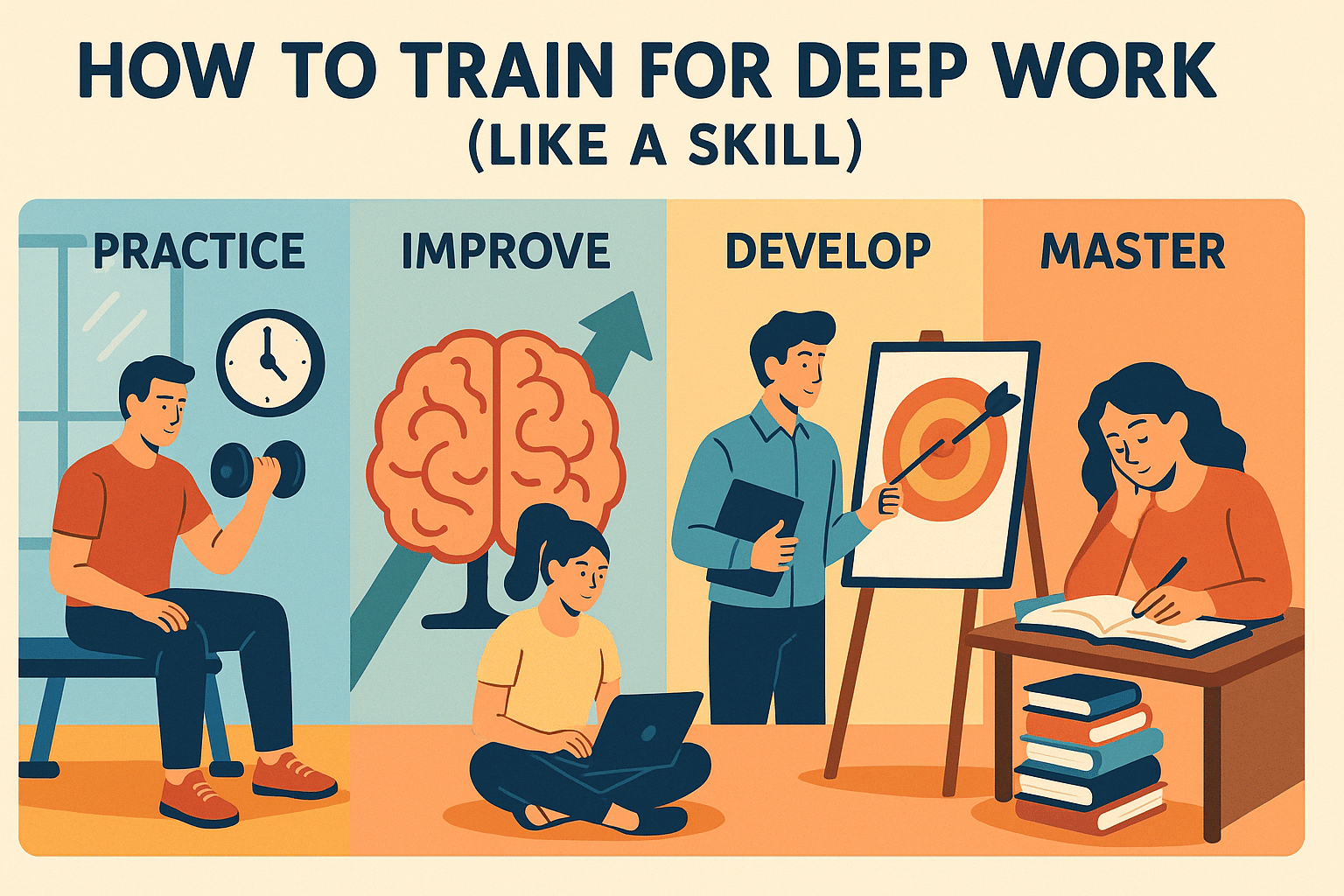In an age of endless content—articles, podcasts, newsletters, tweets, videos—staying informed isn’t the challenge. It’s what to do with it all that becomes overwhelming. Every scroll delivers fresh knowledge, but how often do we retain, revisit, or apply the insights that actually resonate? That’s where the idea of a digital library of insights comes in. Unlike random bookmarks or note-taking apps overloaded with half-captured ideas, a digital library is an intentional, curated system to collect, organize, and reflect on the information that truly matters to you. Think of it as building your personal internet of meaning—a resource that evolves with your goals, interests, and thinking over time.
Let’s explore why this practice matters now more than ever, how it boosts clarity and creativity, and how you can start building your own digital library—without becoming a digital hoarder.

Why We Need a Digital Library in the Age of Information Overload
Every day, we encounter hundreds of micro-insights: a quote that inspires us, a framework that reframes our thinking, a statistic that surprises us. But they’re often lost in a fog of distraction or buried inside yet another open tab.
The problem isn’t the lack of good ideas—it’s the lack of systems to keep them.
When you don’t have a place to store your intellectual “aha” moments, you’re likely to:
- Forget useful concepts that could benefit future work
- Repeat the same research or reading later
- Struggle to connect ideas across disciplines
- Feel overwhelmed by everything you “should remember”
A digital insight library helps cut through the noise and gives your mind a structured place to revisit what you’ve found valuable.
What Is a Digital Library of Insights?
A digital library of insights is not a giant storage bin for everything you consume online. It’s a curated and searchable collection of concepts, quotes, visuals, notes, or tools that:
- Changed your perspective
- Sparked a new idea
- Connected with a problem you’re working on
- Might be useful to revisit later
It’s less like a hard drive and more like a private museum—one built to inspire your future self.
The Benefits of Building Your Insight Library
1. Better Retention Through Curation
When you capture insights intentionally, you’re forced to process and filter information instead of just consuming it passively. That deepens your understanding and helps commit it to memory.
2. Faster Access to Useful Knowledge
No more hunting through browser history or dozens of apps. Whether you’re preparing a presentation, writing content, or making a decision, your best insights are centralized and findable.
3. Cross-Pollination of Ideas
When ideas live together in one place, patterns emerge. A quote from a business podcast may connect with a psychology article you saved six months ago. That’s how creativity happens—not from originality, but from unexpected combinations.
4. Personal Growth Tracking
Looking through your digital library is like looking through the evolution of your own thinking. It’s a reflection of what matters to you, what you’ve outgrown, and where you’re heading intellectually.
What to Include in Your Digital Insight Library
The beauty of your insight library is that it’s personalized, but here are some common entries worth saving:
- 📌 Powerful quotes that shift your mindset
- 🔍 Frameworks or models that clarify complex problems
- 💡 Mental models (e.g., second-order thinking, opportunity cost)
- 📈 Statistics that could support future arguments
- ✍️ Writing prompts or metaphors you want to use later
- 🎯 Lessons learned from books, podcasts, or failures
- 📚 Book summaries in your own words
- 📂 Concepts to explore further
The key is to store things in your own language—not just copy/paste chunks of content.
Tools You Can Use (Without Overcomplicating)
You don’t need a fancy setup to build a digital library. Start with what you already use and expand gradually.
Beginner Setup
- Notion or Evernote: Flexible databases with tagging
- Google Keep or Apple Notes: Great for quick capture
- Airtable: For spreadsheet-style organization
- Bookmarks folder: Sorted by topic or interest
Intermediate Options
- Obsidian or Roam Research: Designed for networked thinking
- Readwise: Automatically saves highlights from Kindle, web, Twitter
- Tana or Mem: Emerging AI-first personal knowledge tools
The key is not which app you use—it’s how consistently you use it. Simplicity wins.
How to Build the Habit
1. Set an “Insight Capture” Trigger
Choose a moment in your day or week to save what resonated:
- After reading a blog post
- While listening to a podcast
- During a morning or evening reflection
Start with just 1–2 items per day.
2. Use Tags and Categories
Group insights by theme:
- “Leadership”
- “Behavioral Psychology”
- “Marketing Copy”
- “Personal Development”
This makes your library searchable and future-friendly.
3. Add Personal Notes
A quote or concept is just information until you reflect on it. Add a sentence or two:
- “This connects with my idea about X”
- “Could use this in my Q3 strategy meeting”
- “Challenged my bias about [topic]”
These notes are gold—they make your insights actionable.
4. Review Regularly
A library that collects dust helps no one. Once a week or month:
- Revisit a few saved entries
- Connect them with ongoing projects
- Archive what’s no longer relevant
Think of it as intellectual composting—rich ideas come from repeated turning.
Final Thought: Make Your Thinking Future-Proof
In a world that constantly floods us with information, retention is rare and reflection is radical. Building a digital library of insights isn’t just about being organized—it’s about becoming a more thoughtful, consistent version of yourself.
Your digital insight library is your second brain—a personalized vault of meaning that keeps your best thoughts alive, searchable, and ready to support whatever comes next.
In the end, we don’t become wise by consuming more—we become wise by returning to what mattered and doing something with it.
References
- Curating and Collection Development for Libraries – https://liferarian.com/library-collection/curating-and-collection-development-for-libraries-4620/
- The Forgotten Art of Learning – https://medium.com/age-of-awareness/the-forgotten-art-of-learning-386e2caccd5
- The digital library: A case study in intelligent content management – https://www.researchgate.net/publication/220363220_The_digital_library_A_case_study_in_intelligent_content_management






